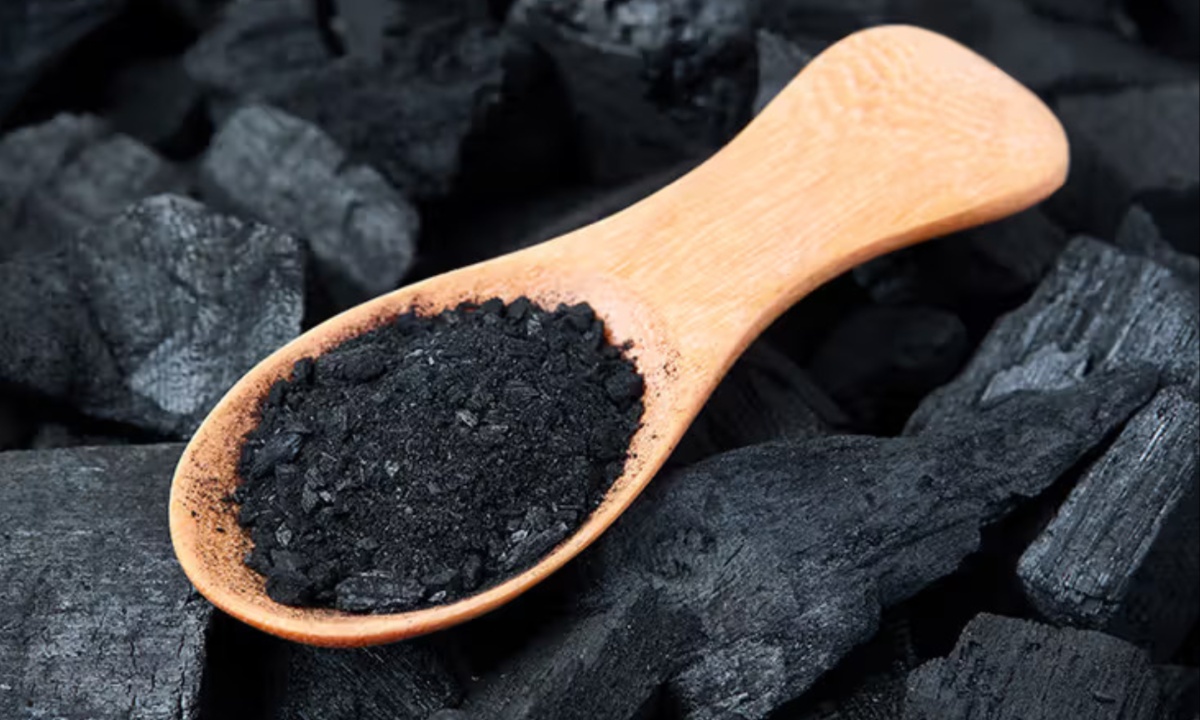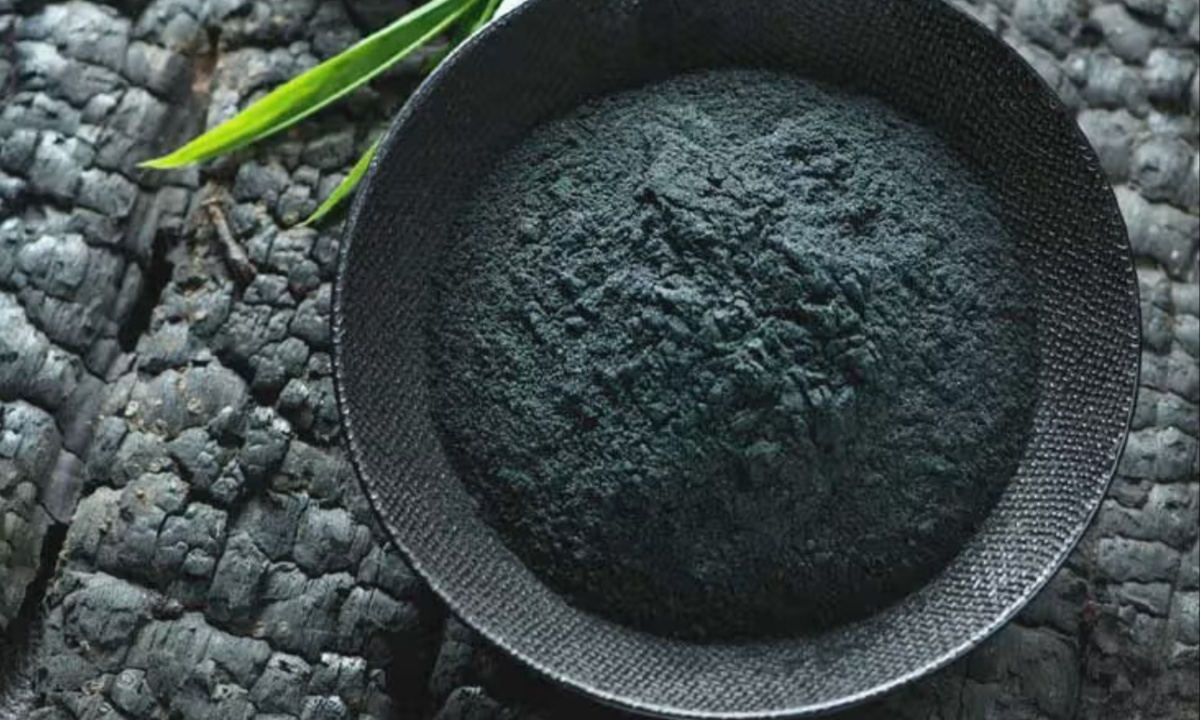Activated charcoal is a fine, black powder renowned for its ability to absorb chemicals, making it an effective treatment for poisoning. While it is popularly used for various purposes, such as alleviating gas and bloating, preventing hangovers, and even “cleansing” the digestive tract, scientific evidence supporting these uses is minimal. Additionally, its dark hue has made it a trendy ingredient in food and beverages, particularly during Halloween festivities. However, it is crucial for users to understand that activated charcoal can interfere with certain medications, significantly diminishing their efficacy.
The mechanism through which activated charcoal interacts with medications is called adsorption. According to Lingtak-Neander Chan, a pharmacy professor at the University of Washington, this process involves drug molecules sticking to the porous surface of activated charcoal. The charcoal’s extensive surface area effectively captures these molecules, preventing them from passing through the gut lining and entering the bloodstream. Essentially, activated charcoal acts like a fishing net, trapping drug molecules in the digestive system and leading to their eventual excretion instead of absorption.

The implications of this interaction can be serious. For instance, a case reported in *The Lancet* highlighted how activated charcoal interfered with a medication designed to lower platelet counts, posing a risk for a patient with heart disease. In another instance documented in *Antiviral Therapy*, activated charcoal compromised the effectiveness of antiretroviral drugs used to treat HIV, leading to increased viral loads and drug resistance. Such cases illustrate the potential dangers of using activated charcoal without consulting a healthcare professional, especially for individuals reliant on critical medications.
Not all medications are equally affected by activated charcoal. Drugs with larger molecules, such as common painkillers, sedatives, and certain hormonal contraceptives, are more susceptible to adsorption. Conversely, medications with strong ionic charges, like lithium or oral iron supplements, are less likely to bind with activated charcoal, allowing for effective absorption even in its presence. This variability means that even within the same class of drugs, the degree of interaction with activated charcoal can differ, complicating predictions about its effects on medication efficacy.
Timing and dosage are crucial considerations when using activated charcoal alongside medications. The adsorption effect is most pronounced when both substances are ingested within an hour of each other, which is why activated charcoal is often used in emergency settings for recent poison ingestions.
Typical doses for medical treatment can be as high as 1 gram per kilogram of body weight, while the amounts found in many consumer products, like toothpaste or trendy foods, are usually much lower. Individuals using activated charcoal for non-medical purposes should remain vigilant about their intake and timing concerning any medications they may be taking, and consulting with a healthcare provider is advisable to prevent potential interactions.
